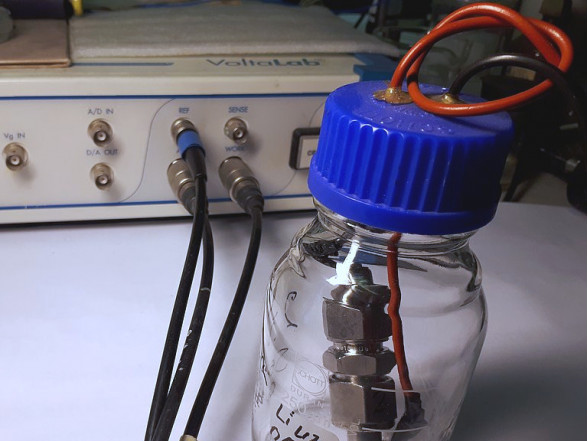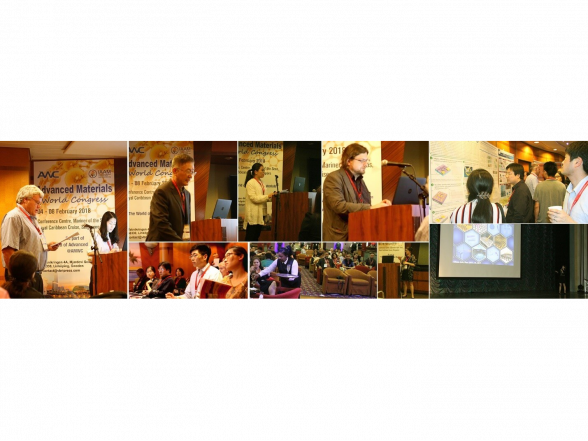On September 30, Latvian National Radio in its program devoted to science “Zināmais Nezināmajā” interviewed leading researcher from ISSP UL’s Laboratory of Materials for Energy Harvesting and Storage, Dr.phys. Gints Kučinskis. In the program, he emphasized that one of the challenges for researchers is to create batteries that are more powerful, easier to recycle, and that could use materials obtaining of which would require less resources.
Solutions to make lithium-ion batteries safer and more environmentally friendly include the use and recycling of new, more widely available materials, and making life of the batteries as long as possible. For example, batteries used for powering electric vehicles could still be used as a backup energy source for stationary energy storage, such as electricity grids.
Gints Kučinskis pointed to the fact that we should bear in mind that there would still be a time when battery’s life ends. The next challenge will therefore be the recycling, which is a complex process because there are different materials used for the manufacture of batteries, such as cobalt, manganese, lithium, aluminum. The researcher explained that it takes an aggressive chemical process to separate the materials from each other and recycle them into raw materials for further use in battery production. Besides, the recycling of batteries also has some side effects, firstly – loss of materials because not everything can be recovered, secondly – the process is energy-intensive, and thirdly – high safety standards have to be met.
The acquisition of lithium for battery application causes significant environmental damage, particularly if the process requires large amounts of water. For example, in South Africa, extraction of lithium takes place mainly in desert regions, where water is already scarce. In addition, the amount of lithium worldwide is limited and we may soon have to face the fact that it may not be possible to produce the necessary and widely used batteries.
- Kučinskis explained in the program, that the operation of the battery is based on a chemical reaction between two materials and the scientists have learned to obtain electric power from this reaction. There is progress in battery development, but it is slower than most people would like it to be, even though scientists are constantly working on it. This is because the battery is a composite, chemically complex system. Researcher summarized that, for example, the size of computer processors doubles every two years, but with the batteries, this process is much slower.



